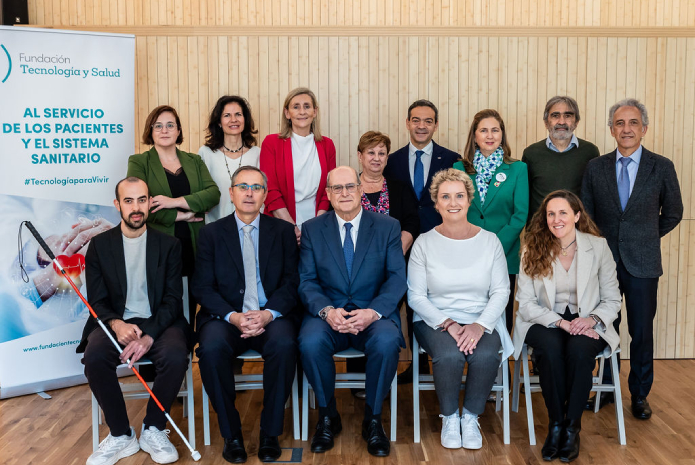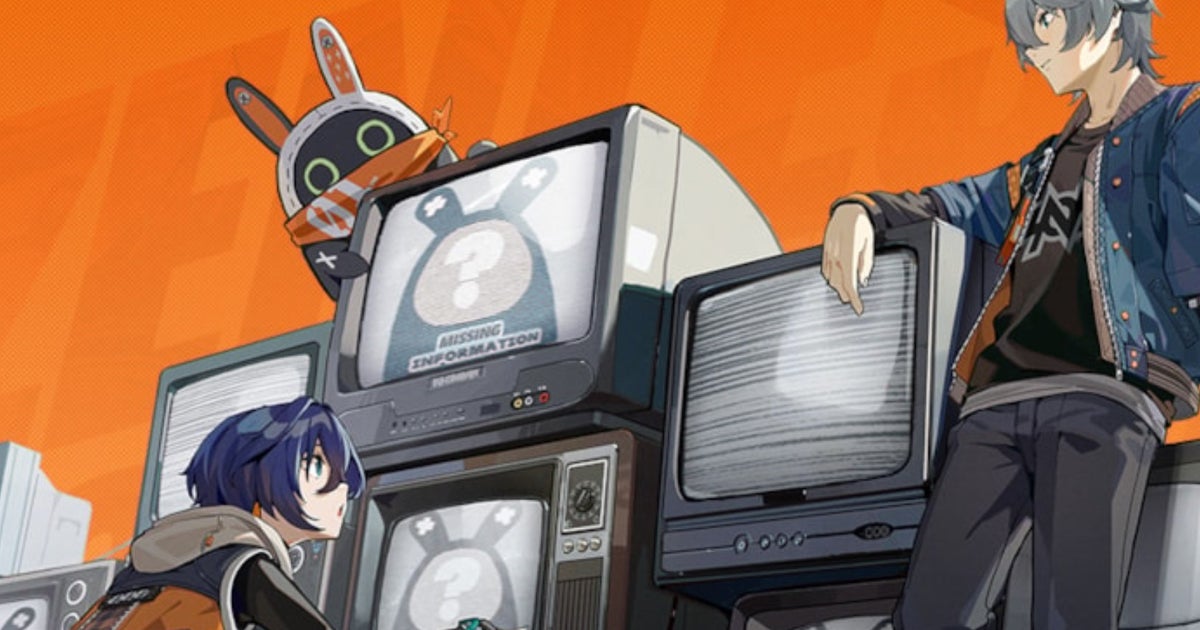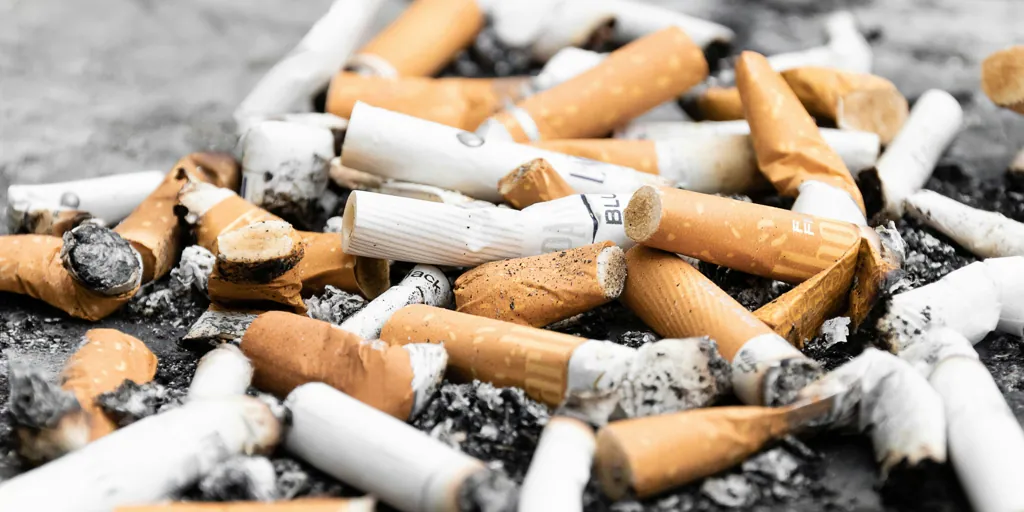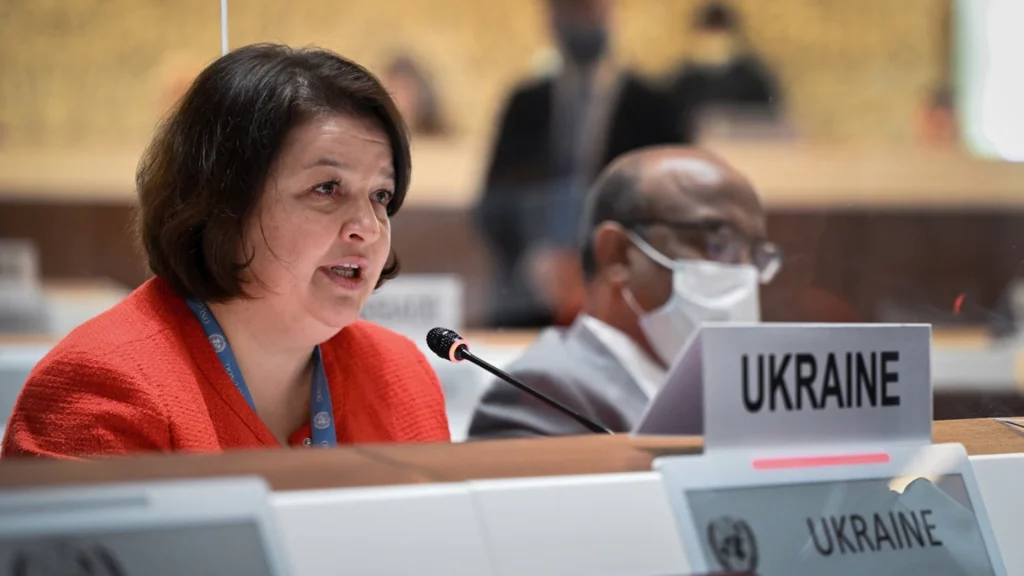This content was published on 01 Mar 2022 – 09:00
The Geneva-based United Nations Human Rights Council decided at its meeting on Monday to urgently discuss the deterioration of rights in Ukraine after the Russian attack.
In favor of holding the meeting requested by Ukraine, 29 out of 47 members of the Human Rights Council voted, including Ukraine, the United States and European member states. Russia, China, Cuba, Eritrea and Venezuela opposed the meeting. 13 members abstained from voting.
An urgent discussion on Ukraine is scheduled for Thursday. In it, council members will deal with a resolution demanding an investigation into alleged rights abuses in the conflict between Ukraine and Russia since the Kremlin in 2014 invaded and annexed Crimea. Resolutions of the UN Human Rights Council are not binding, although they carry moral weight.
In front of a room full of ministers and senior officials, the Ukrainian ambassador in Geneva, Yevnija Filipenko, declared before the vote that Russia’s aggression since February 24 “was an attack not only against Ukraine, but against every member state of the United Nations and against the United Nations and against the principles that led to Create this organization.
The Human Rights Council opened its annual main high-level segment on Monday, where foreign ministers and diplomats addressed the Council to share their progress and express their concerns about the human rights situation in their countries and beyond. The Human Rights Council meeting will continue in Geneva until 1 April.
For the Russian ambassador in Geneva, Gennady Gatilov, Ukraine’s request has nothing to do with the “real interest” in human rights in that country. In keeping with Moscow’s official position, the Russian ambassador criticized Western members of the Council for not addressing in the past eight years what was – in his opinion – “selective destruction of absolutely innocent people” by Ukraine in the Dombas region. .
According to Gatilov, the Russian invasion of Ukraine is a “special operation” aimed at “stopping the tragedy” in Ukraine and does not target civilians.
More than 100 civilians were killed
High Commissioner for Human Rights, Michelle Bachelet, told the council that up to that point, her office had recorded 406 civilian casualties in the conflict (102 killed – including seven minors – and 304 injured). “I’m afraid the real numbers are a little bit higher,” he said during the hearing.
The Swiss President and Head of the Ministry of Foreign Affairs, Ignazio Cassis, also addressed the Human Rights Council, expressing his “unlimited sympathy” with the victims of the conflict, noting that Switzerland “condemns in the strongest possible terms the attack of the Union of Russia against Ukraine, which is a flagrant violation of international law” .
Switzerland is not currently a member of the Human Rights Council, so it was unable to vote in Monday’s urgent debate.
We must equip ourselves with the means to ensure that perpetrators of serious violations of human rights and international humanitarian law are held accountable. With this in mind, Switzerland supports the call for an urgent debate,” Cassis said.
Several UN and other officials used the high-level session of the council’s main annual session to condemn Russia’s attack on Ukraine and demand an end to its aggression. They also called on council members to overcome polarization and work together to protect human rights.
The escalation of the Russian Federation’s military operations in Ukraine leads to an increase in human rights violations. […] UN Secretary-General Antonio Guterres said the conflict is a complete denial of human rights in all areas.
Solidarity Chain Group
In response to the emerging humanitarian crisis, Solidarity Chain has launched a call to support the Ukrainian people. Donations can be made to www.bonheur.chExternal link Or to the postal account 10-15000-6, mention “The crisis in Ukraine”.
The Solidarity Series will initially focus on helping refugees in neighboring countries, particularly Poland. The Chain cooperates with several partner NGOs, such as Caritas, the Swiss Red Cross, HEKS, Helvetas, Medair, Doctors Without Borders and Terre des hommes, which operate in the region.
Depending on the evolution of the conflict, Solidarity Chain will adapt to humanitarian needs and expand its support for assistance projects directly in Ukraine. Donations will only be used to fund humanitarian aid
Solidarity Chain, the humanitarian arm of the Swiss radio association SSR SRG, to which swissinfo.ch belongs, is an independent organization with roots in a radio program in French-speaking Switzerland.
input end
Translated from the English by Lope Calvo

In compliance with JTI standards
Show more: SWI swissinfo.ch JTI certified

“Unapologetic tv specialist. Hardcore zombie trailblazer. Infuriatingly humble problem solver.”








More Stories
Haitians struggle to survive amid gang violence in the capital
Ecuadorians cast their votes in a referendum on anti-crime laws – DW – 04/21/2024
Everything is ready for popular consultation in Ecuador